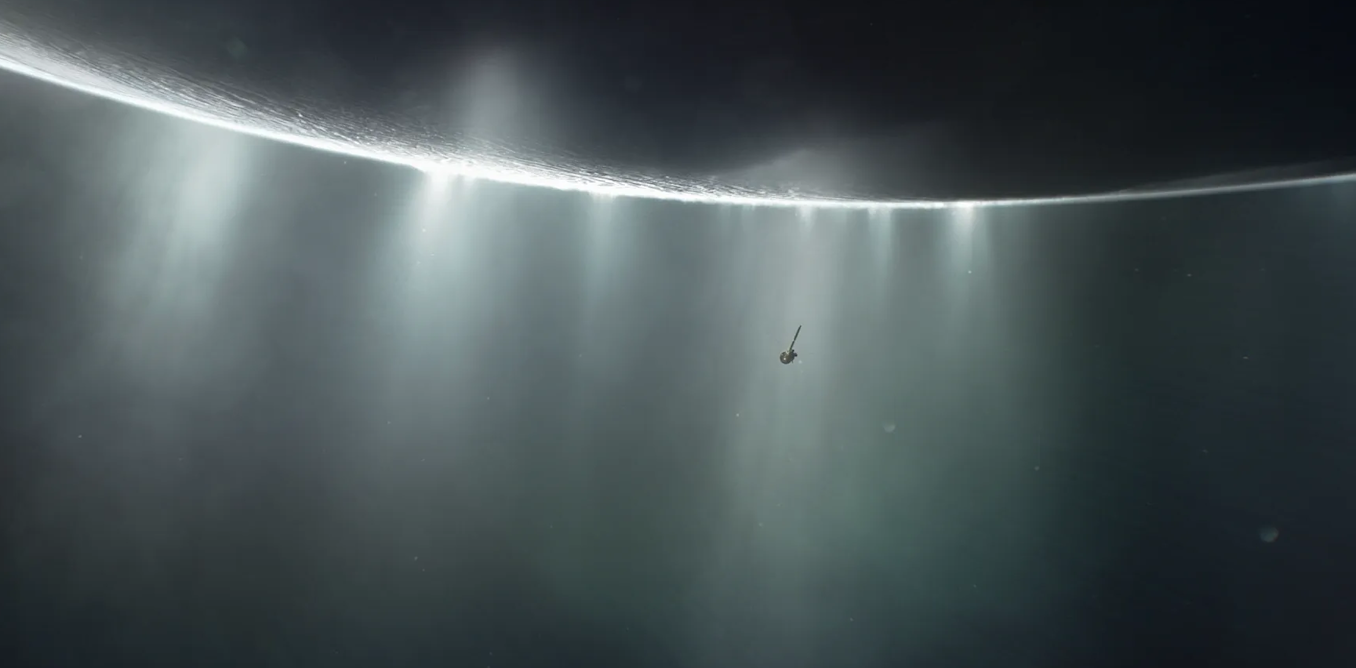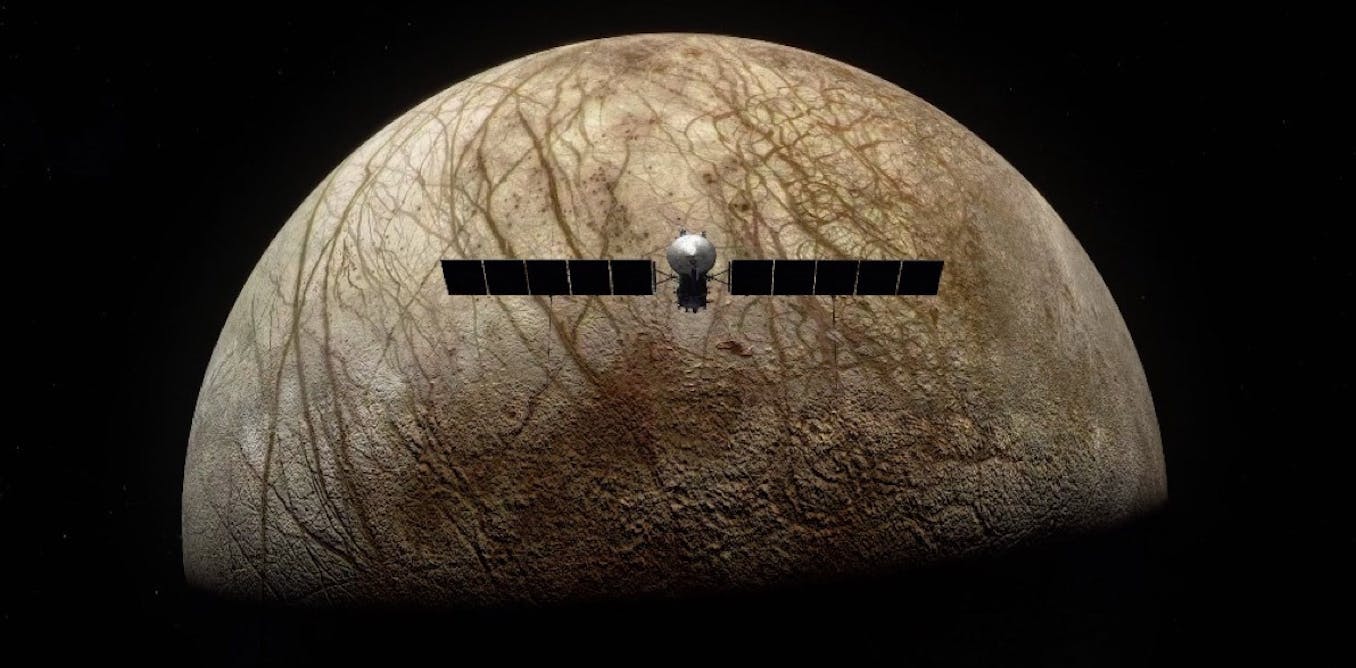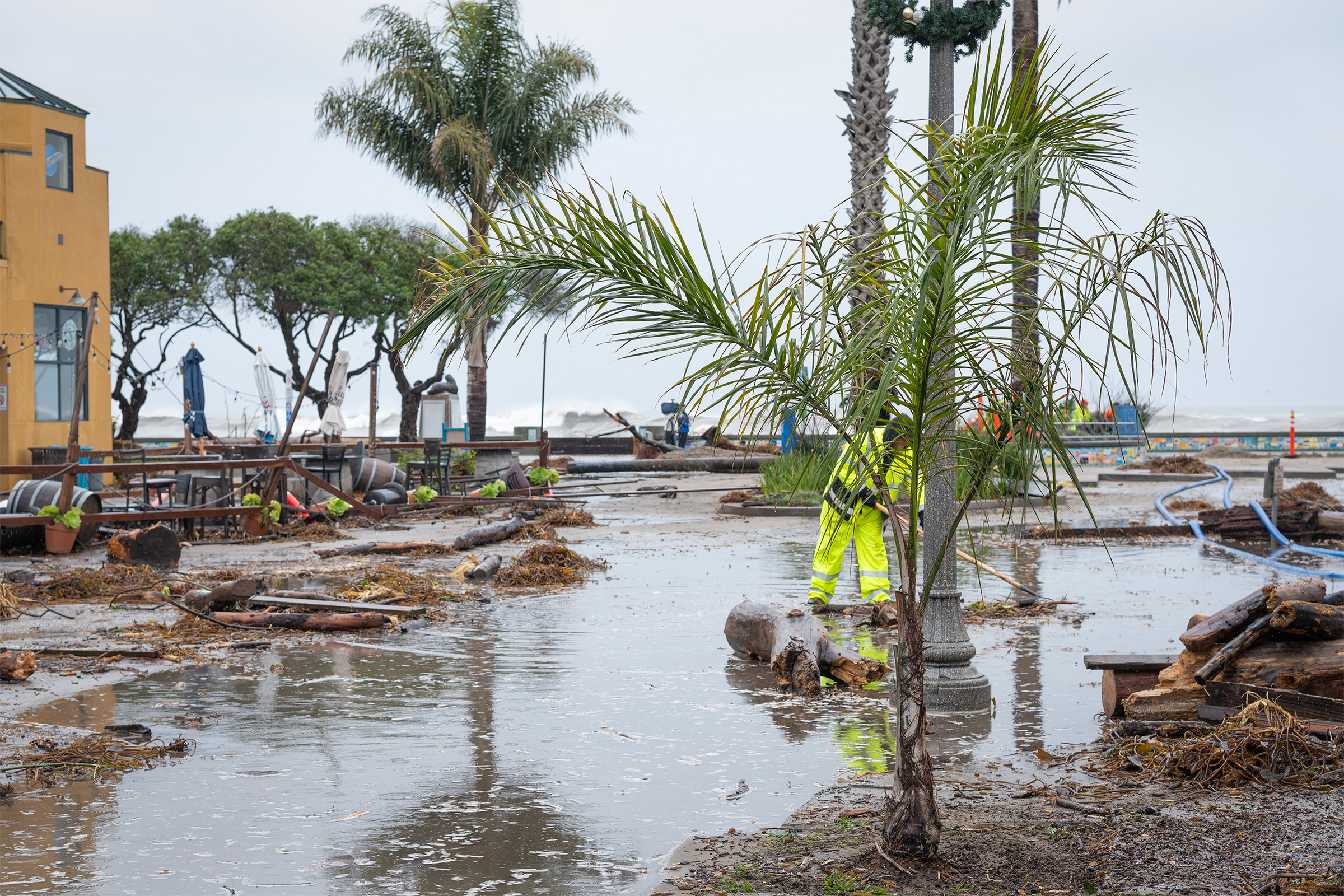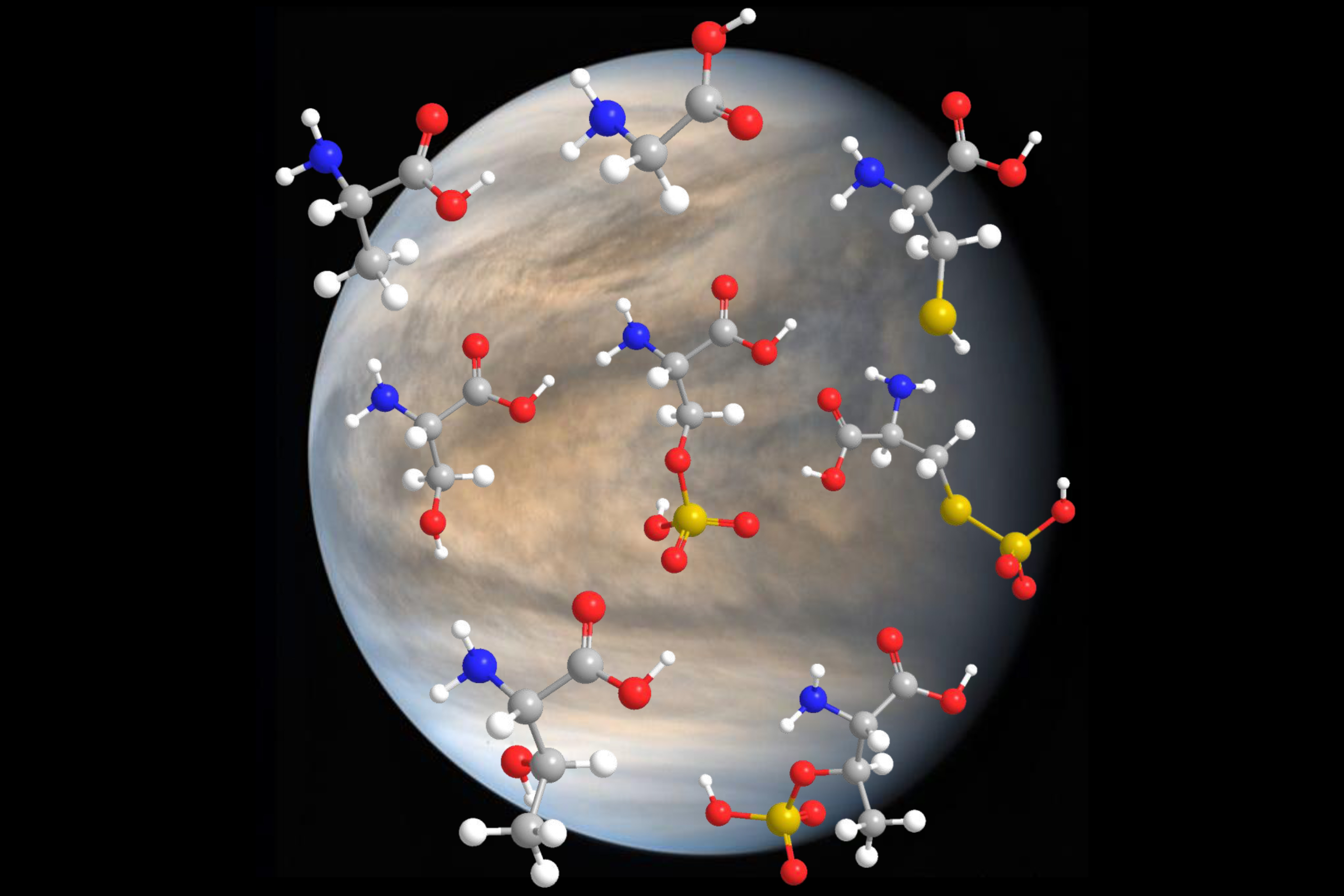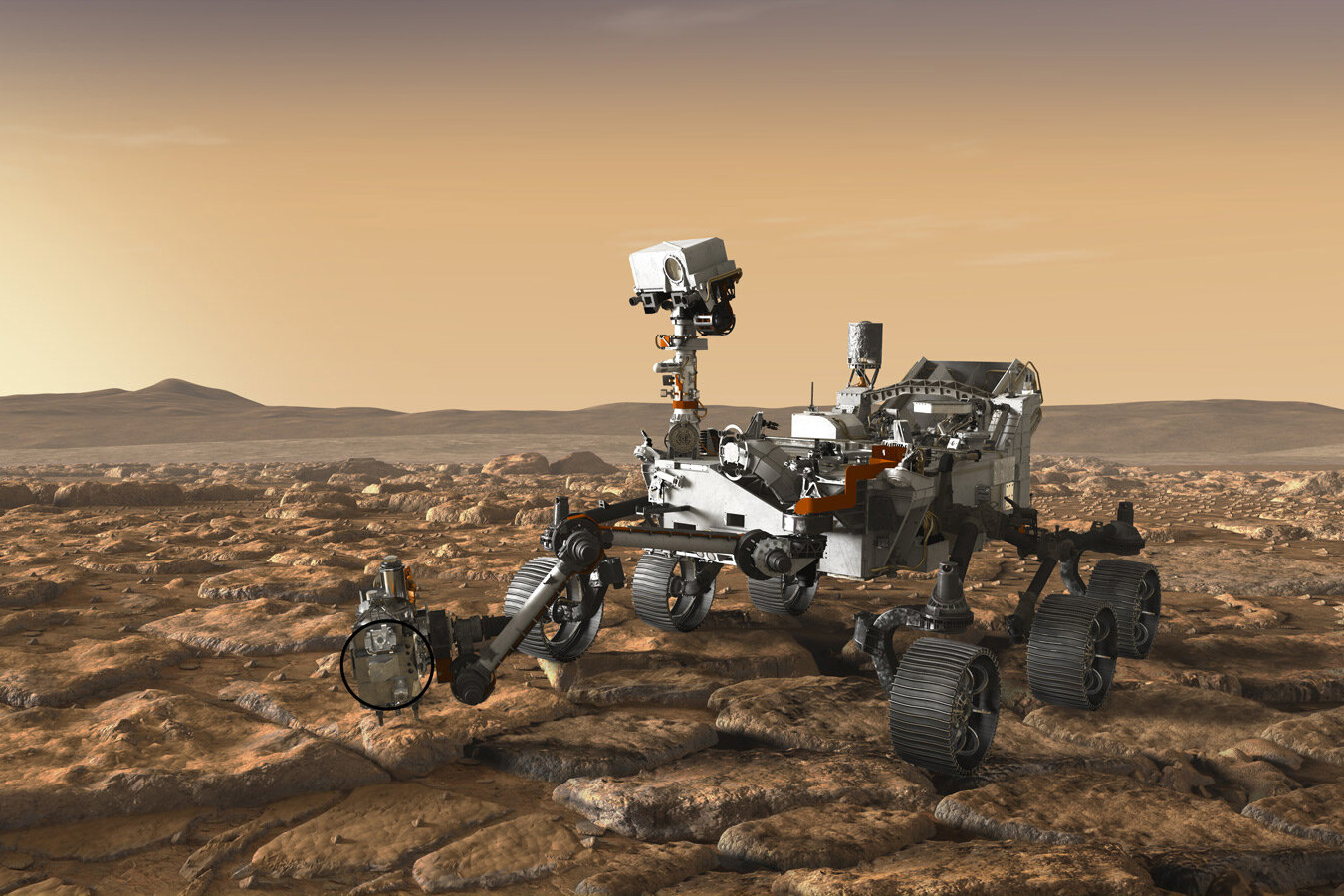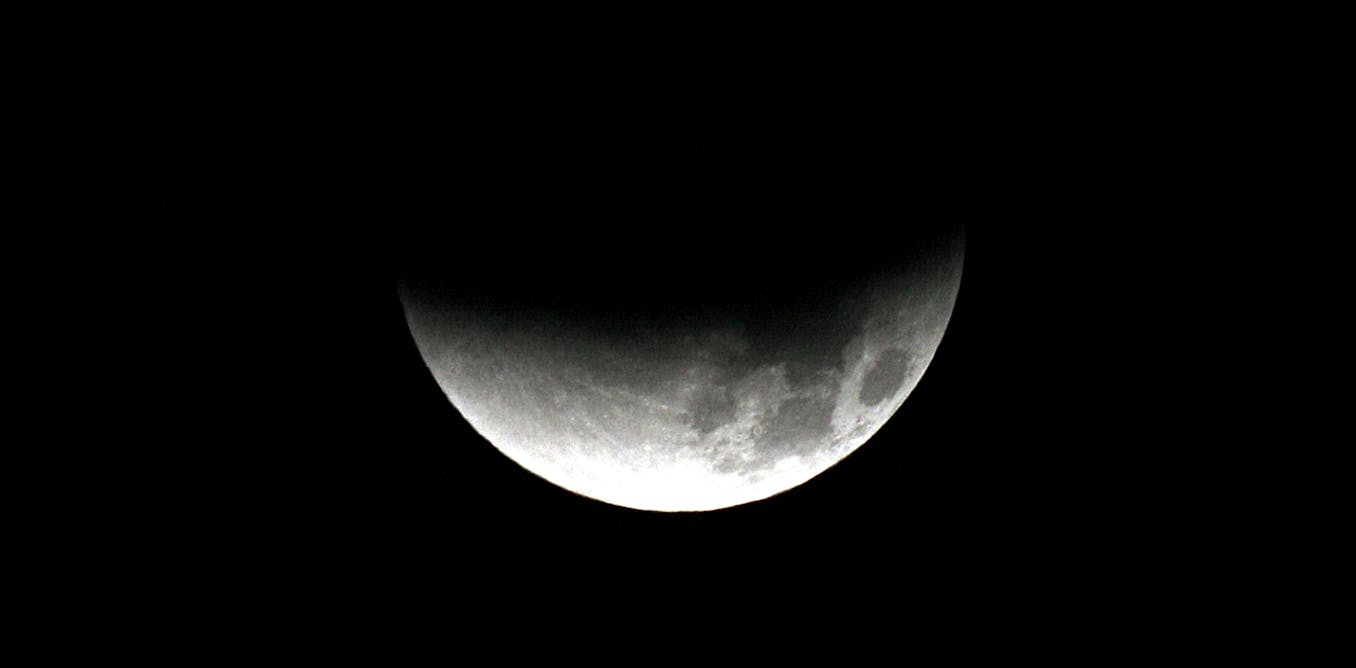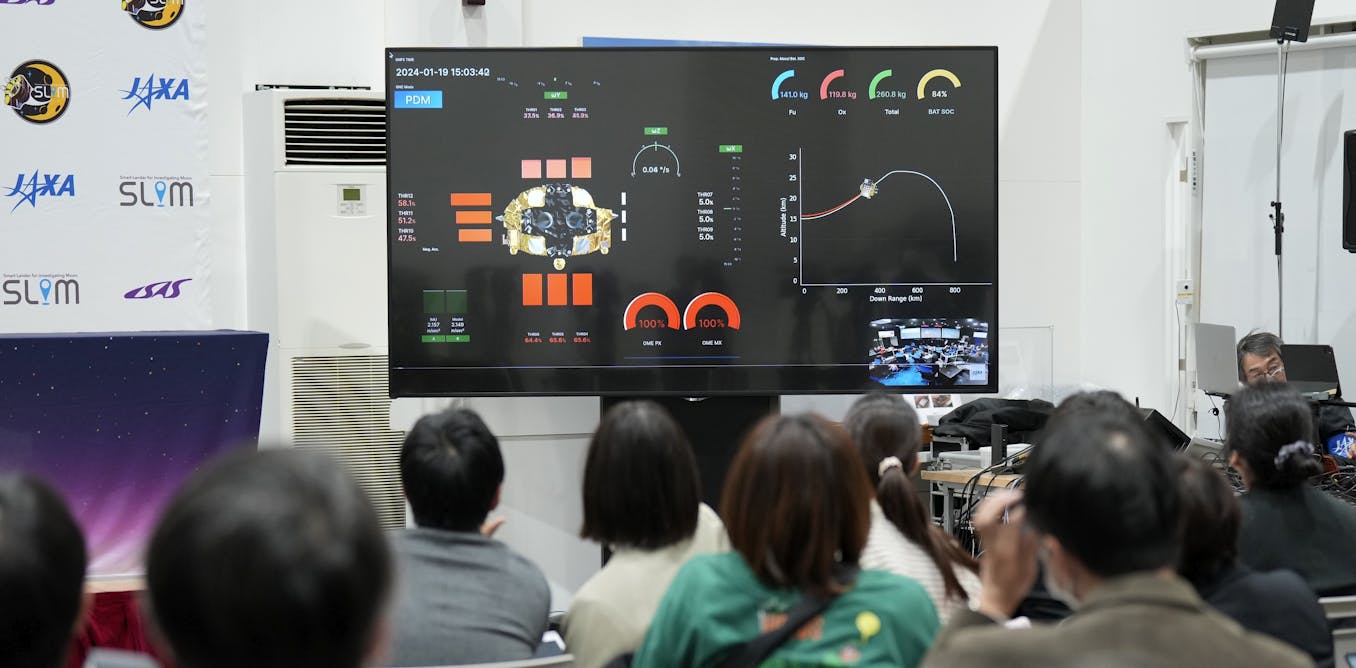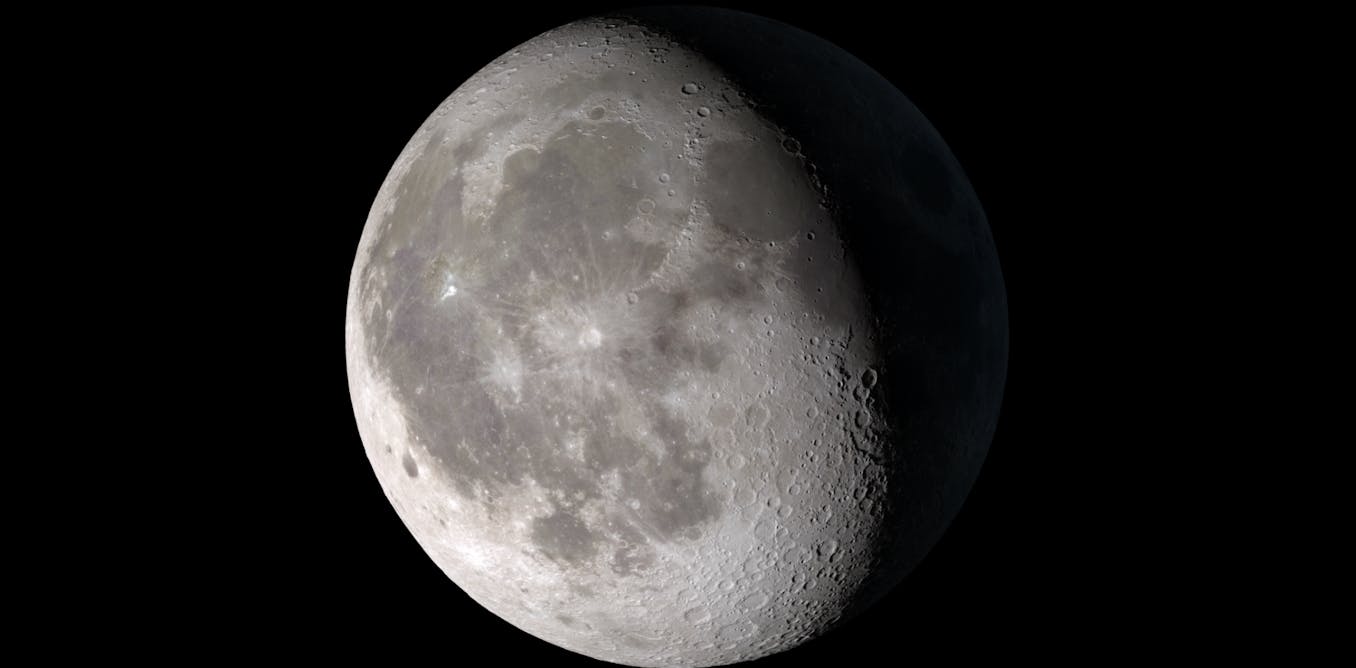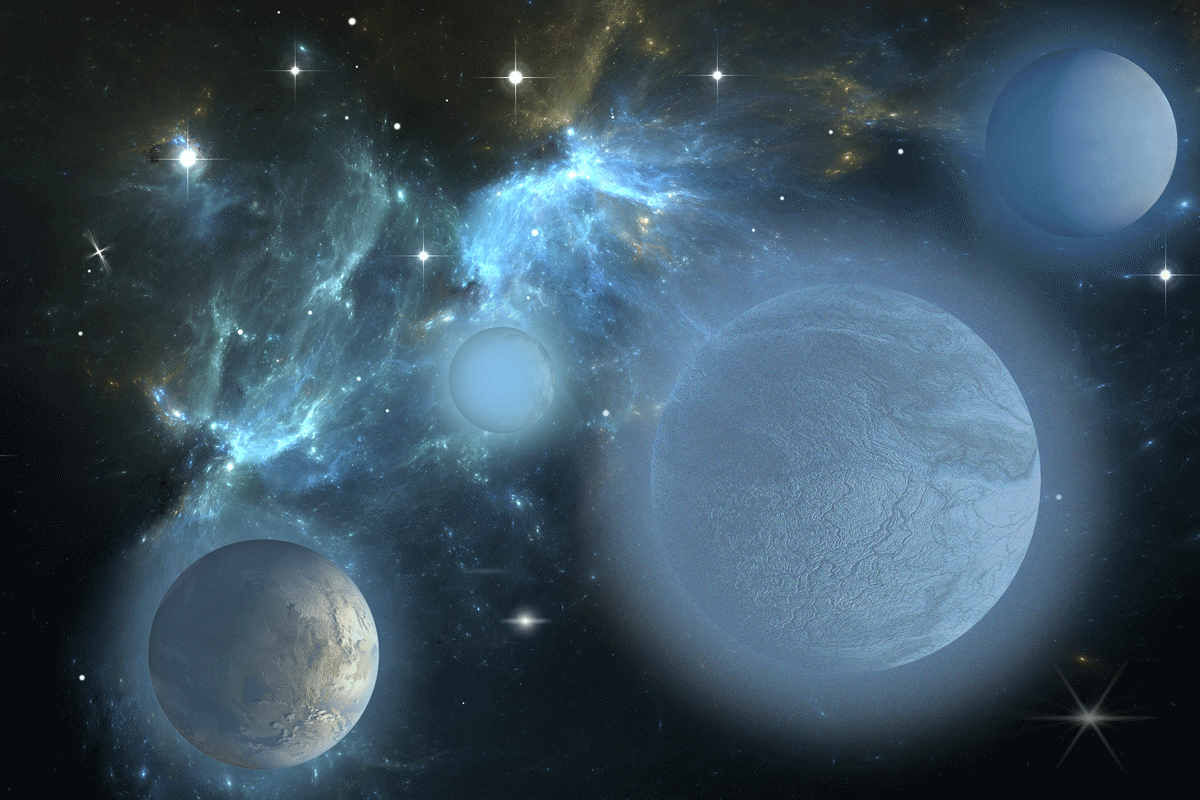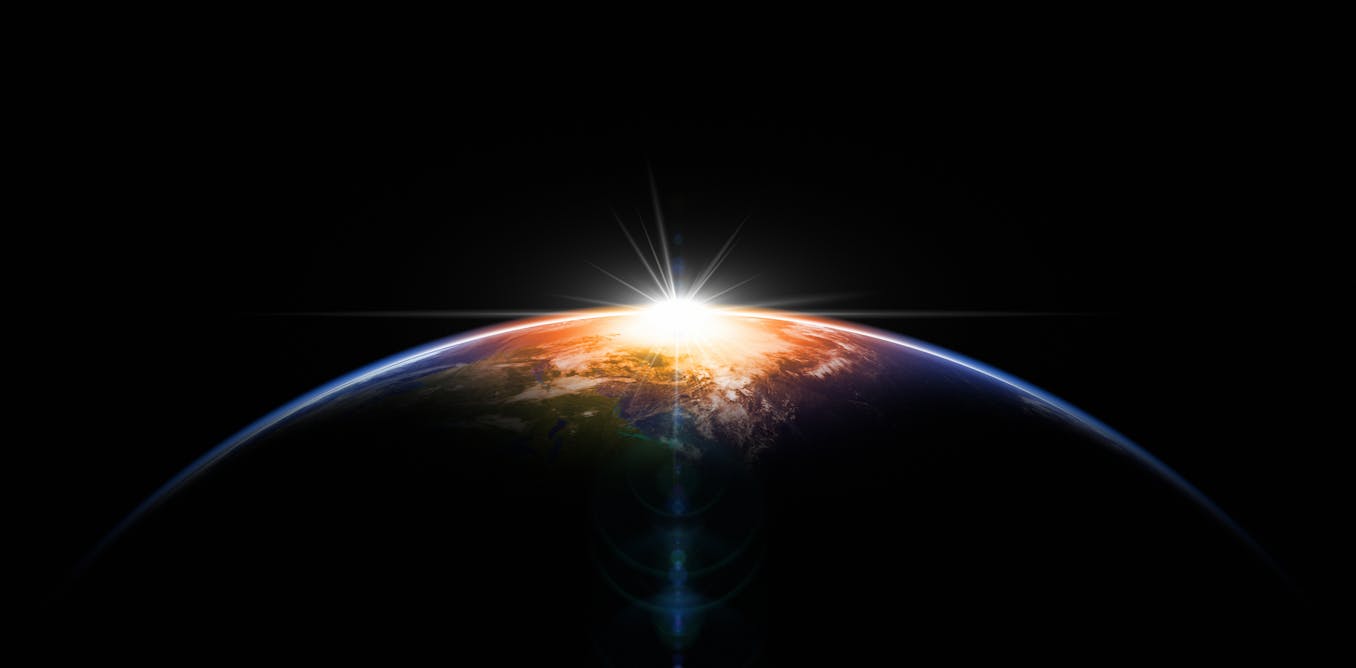Saturn’s ocean moon Enceladus is able to support life − my research team is working out how to detect extraterrestrial cells there
Saturn’s moon Enceladus has geysers shooting tiny grains of ice into space. These grains could hold traces of life − but researchers need the right tools to tell.
April 17, 2024 • ~8 min

